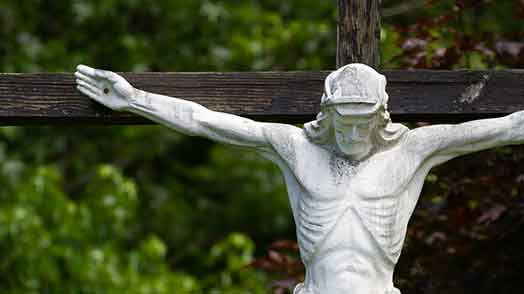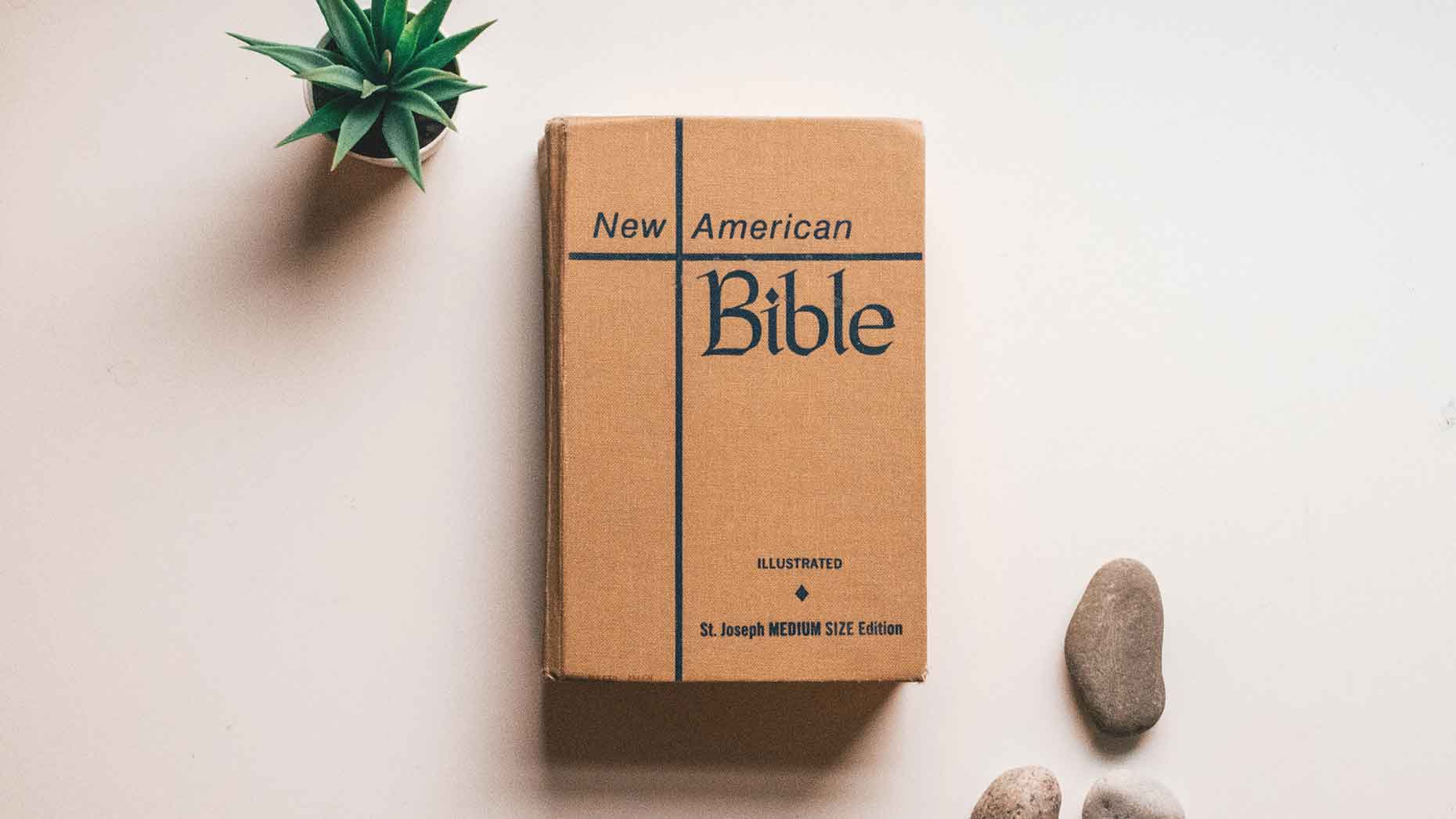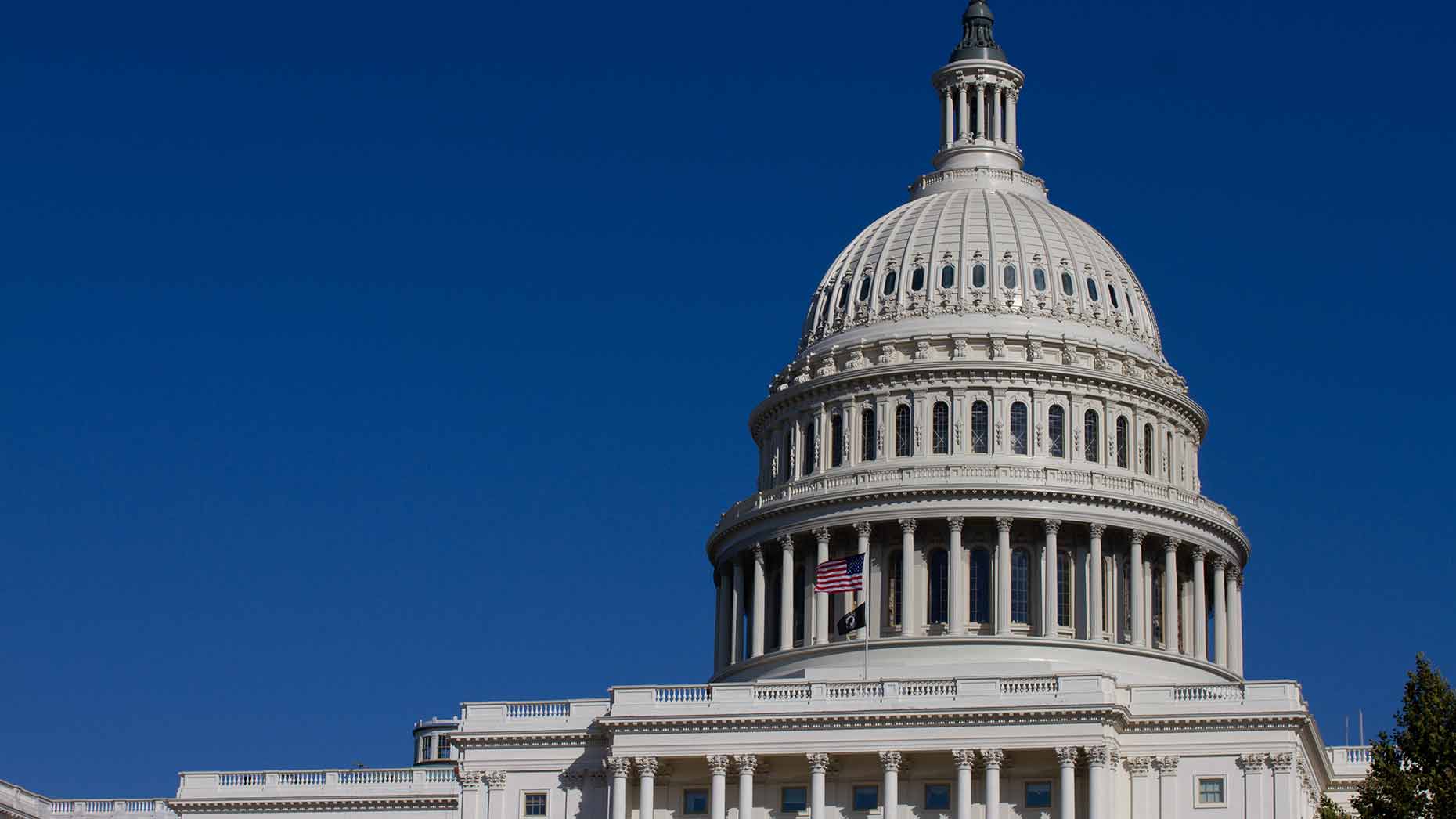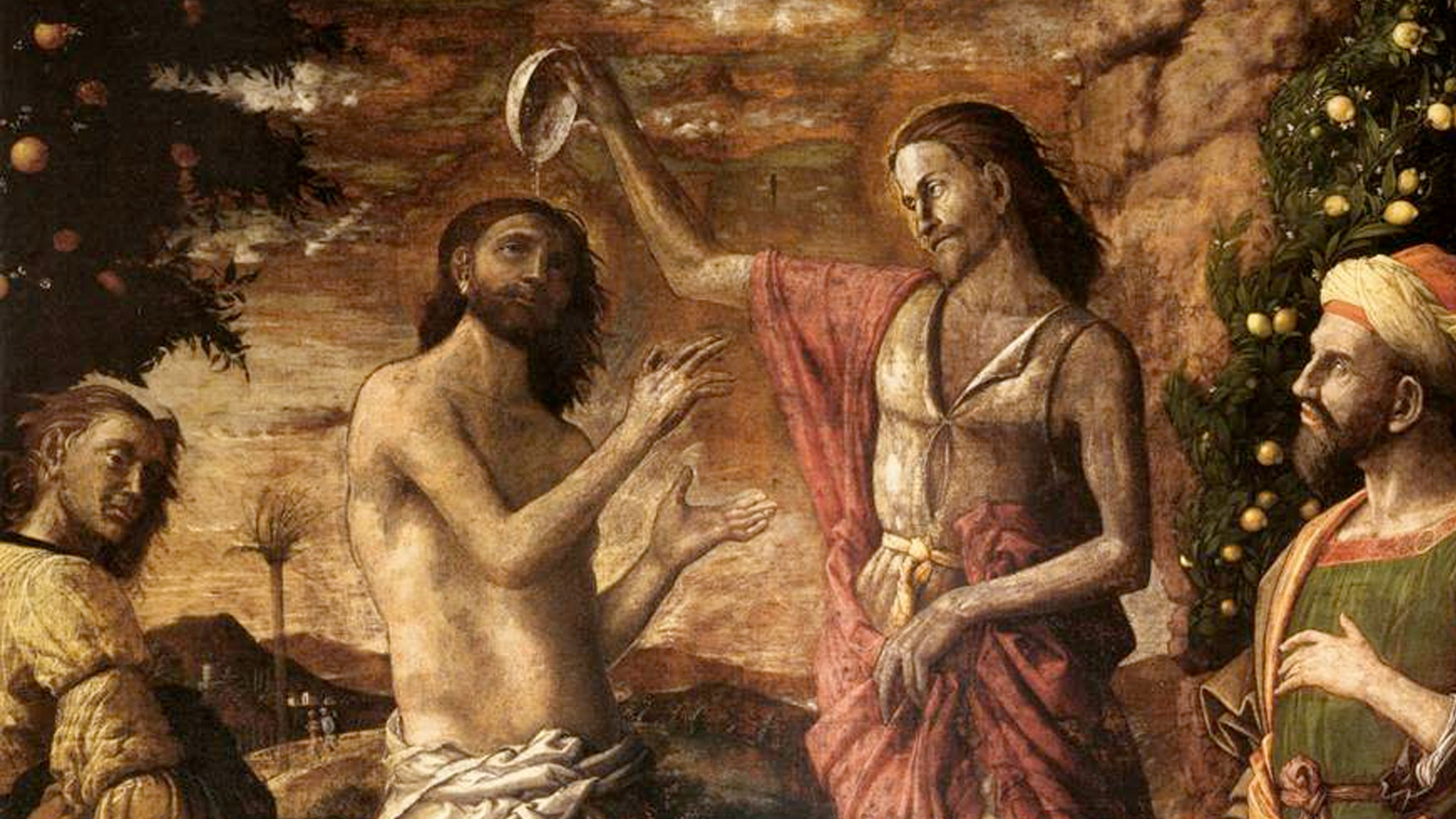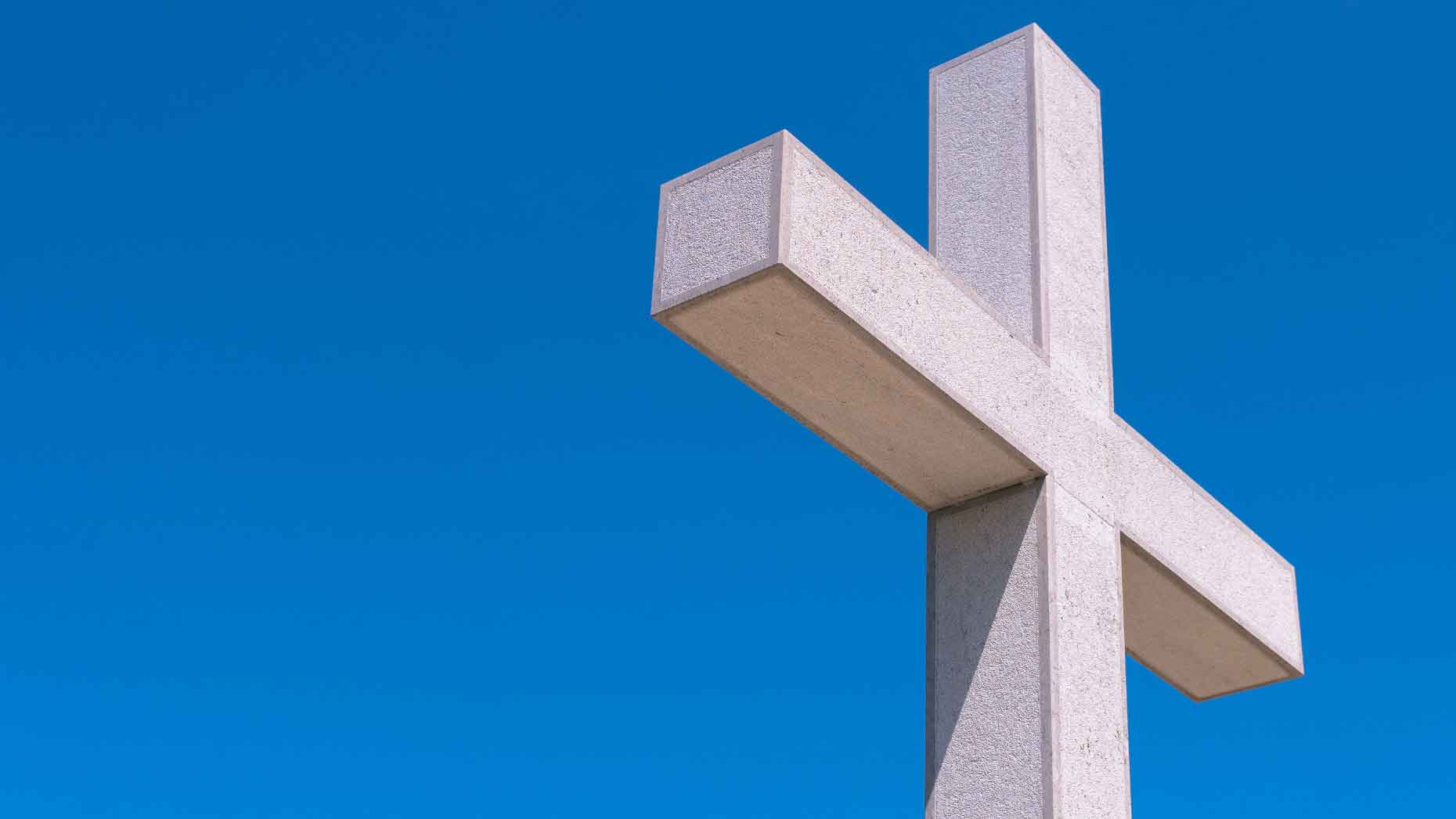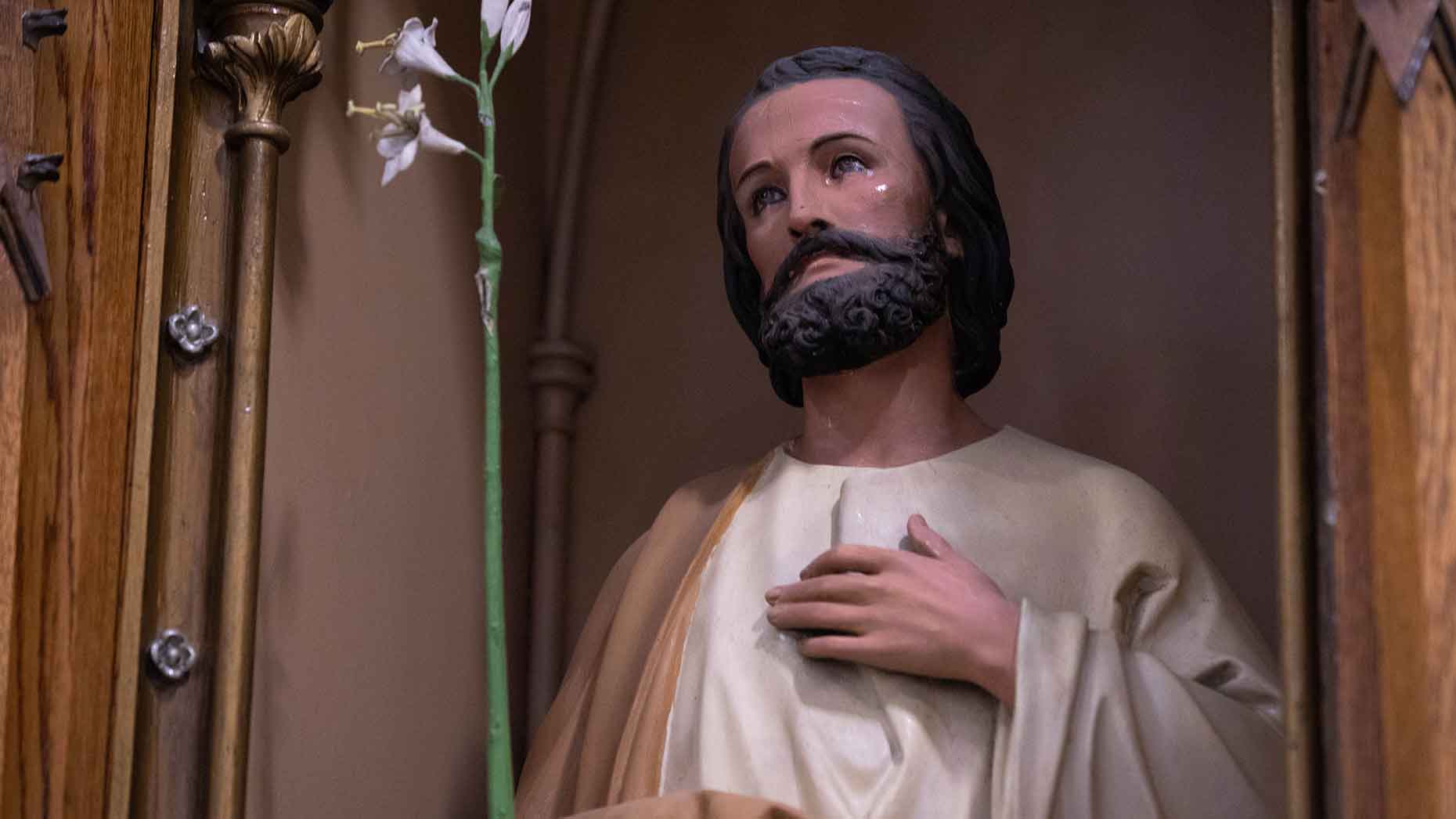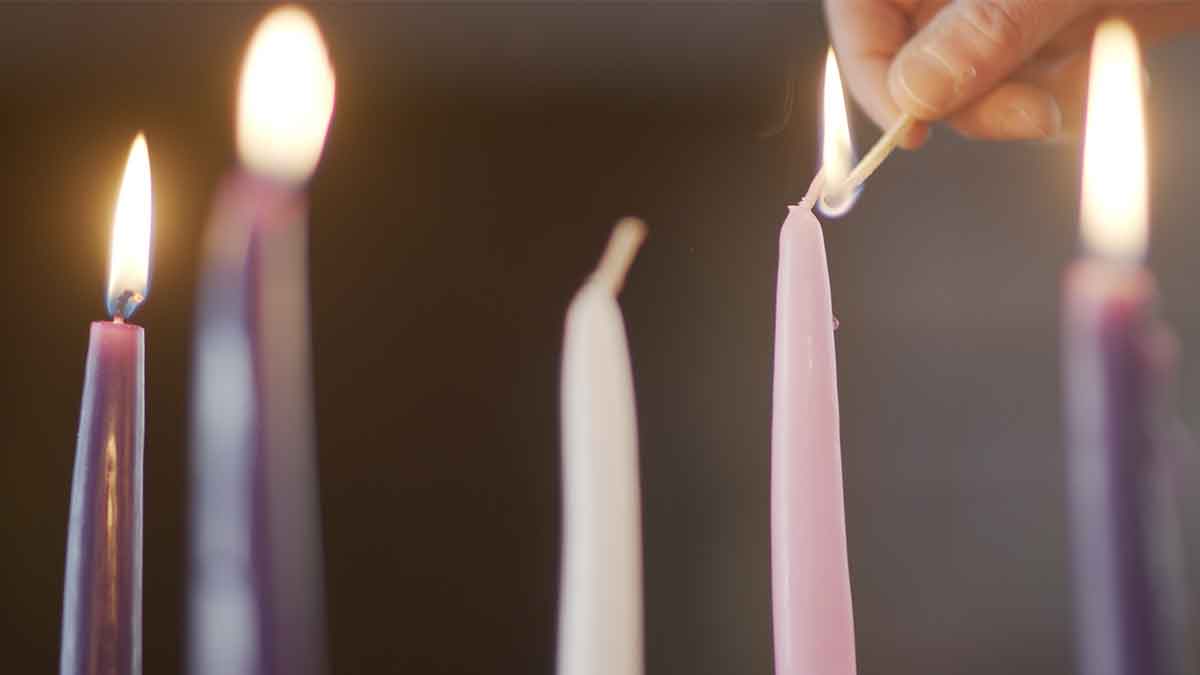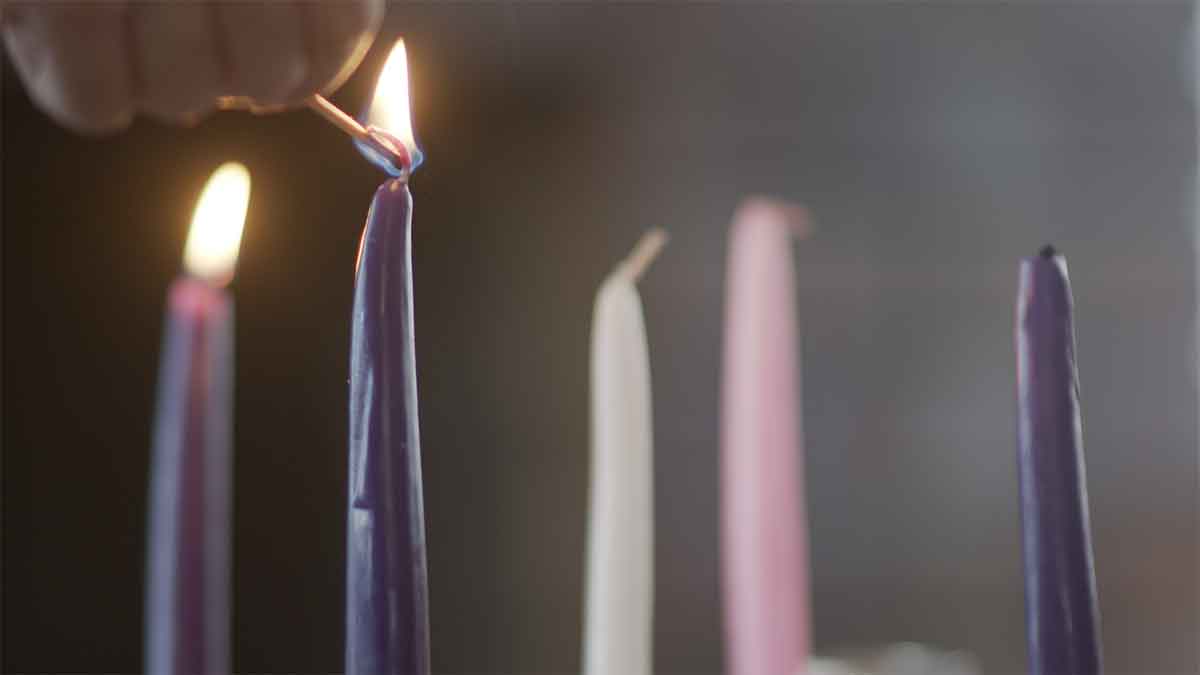By Fr. Tom Zelinski, OFM Cap.
In the Gospel for the 5th Sunday of Lent, some visitors approach the disciples and ask to see Jesus. When they tell Jesus this, he does not seem to respond directly, but starts talking about his “hour” and the things he will have to do. He also uses the important image of the seed falling to the ground to die in order for new life to come forth.
He is talking about himself and what will happen to him. But maybe that is how we are to “see Jesus.” We see him in doing what he has to do. We watch him as he faces his accusers and accepts their verdict.
We all would like to “see Jesus.” And that is a part of our spiritual experience — not to see him as a man standing in front of us, but to see him in his works and see him in the people around us.
We are to see him also in the “hours” that we face: those things that happen to us, often unexpected, in which we are something like the seed falling to earth and then bringing forth new life. We die and rise many times in a symbolic way before our final departure from this life.
“We want to see Jesus.” Yes, we do. We keep watching, searching, allowing ourselves to see him especially in the persons around us. We see him in the events of our lives, perhaps when we would least expect to find him.
